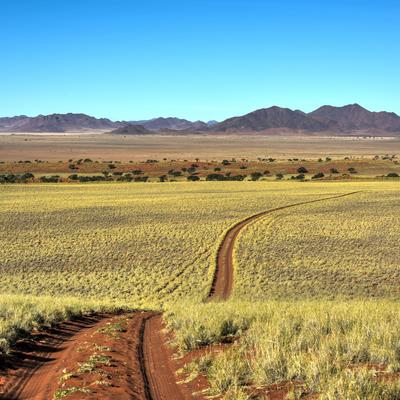Palden Tsering
Qinghai Nationalities University
Xining, China
Rationale
The increasing pressures on rangeland - including climate change, large-scale investments, rangeland restoration, and new settlements – are causing fragmentation and presenting significant challenges for effective land governance. Effective rangeland governance is crucial for pastoral livelihoods, yet traditional models (private, state, and common property systems) do not fully capture the complexities of real-world rangeland management. Conventional perspectives tend to emphasize stability and standardization, while actual practices often involve a mix of improvised and hybrid rules. This issue is particularly relevant in pastoral China, where shifts such as the Household Contract System have transformed herders' roles and rangeland use dynamics, making it necessary to explore the gap between legal rights and actual practices.
Key Questions
• How do actual rangeland practices differ from standard private, state, and common property approaches, and what are the implications?
• How do real-world property practices reconstruct tenure regimes in different settings, and what roles do pastoralists and other actors play in this process?
• How do diverse property practices in various pastoral settings benefit some while excluding others?
• How do informal and hybrid property practices influence the governance and sustainability of pastoral lands?
To address these questions, in-depth case studies are essential to explore everyday practices related to rangeland control and access, including the power dynamics and negotiations that influence rangeland governance. Investigating property practices in various pastoral contexts will enhance our understanding of pastoralism's development and help identify ways for pastoralists to secure their livelihoods. Furthermore, examining property practices across different regions can offer valuable insights for policymakers, encouraging them to reconsider and refine property regimes. This approach should emphasize flexibility, hybridity, and human-centred strategies. Shifting the focus from property rights to property practices will guide the study of pastoralism, policy, and practices into a more policy-oriented framework. This shift will also have significant implications for thinking about rangeland policies, developing constructive rangeland practices, and implementing adaptive rangeland governance globally.
Scope
With this topic, this special issue aims to explore the dynamic interactions and relations between property rights and property practices in pastoral regions. By inviting empirical studies from emerging scholars, we seek to gather a diverse range of perspectives and case studies that illuminate the complexities and nuances of rangeland property rights (see preliminary themes below). We encourage contributions that address various aspects of property practices, including traditional and modern management strategies, conflict resolution, and the impact of policies on pastoral communities.
Preliminary themes
• Property Rights Dynamics: Exploring how property rights are defined, negotiated, and enforced in different pastoral settings. This includes examining traditional practices, contemporary adaptations, and the influence of external factors such as government policies and market forces.
• Property making: assemblage (as Tania Li’s assembling land 20141).
• Property relations in community-based rangeland management - encouraging some critical pieces.
• Land/green grabbing and changing property: relations under capitalist ‘frontier’ expansion in rangeland areas.
• Cross-case insights: cross-case comparisons to identify commonalities and differences in property practices and rights across various pastoral regions.
• Evidence-based recommendations: for land policies and constructive governance structures that are more attuned to the realities of pastoral communities.
Important
As a Gold open access journal, all submissions are subject to publishing fees. Fee solutions are available on a case-by-case basis, including a number of Institutional Agreements. There is also a fund available to support authors based out of sub-Saharan Africa. Please contact the editorial office if you have any questions.
Please see the following pages for:
Publishing Fees
Author Guidelines
1 Li, T.M., 2014. What is land? Assembling a resource for global investment. Transactions of the
institute of British Geographers, 39(4), pp.589-602. https://www.taniali.org/papers/what-is-land-assembling-a-resource-for-global-investment

This Special Issue accepts the following article types, unless otherwise specified in the Special Issue description:
Articles that are accepted for publication by our external editors following rigorous peer review incur a publishing fee charged to Authors, institutions, or funders.
Article types
This Special Issue accepts the following article types, unless otherwise specified in the Special Issue description:
Keywords: Rangeland, Climate change, Land governance, Pastoral livelihoods, Property systems, Rangeland practices, Negotiations, Policy-oriented framework, Adaptive governance
Manuscripts can be submitted to this Special Issue via the main journal or any other participating journal.
Share on WeChat
Scan with WeChat to share this article
